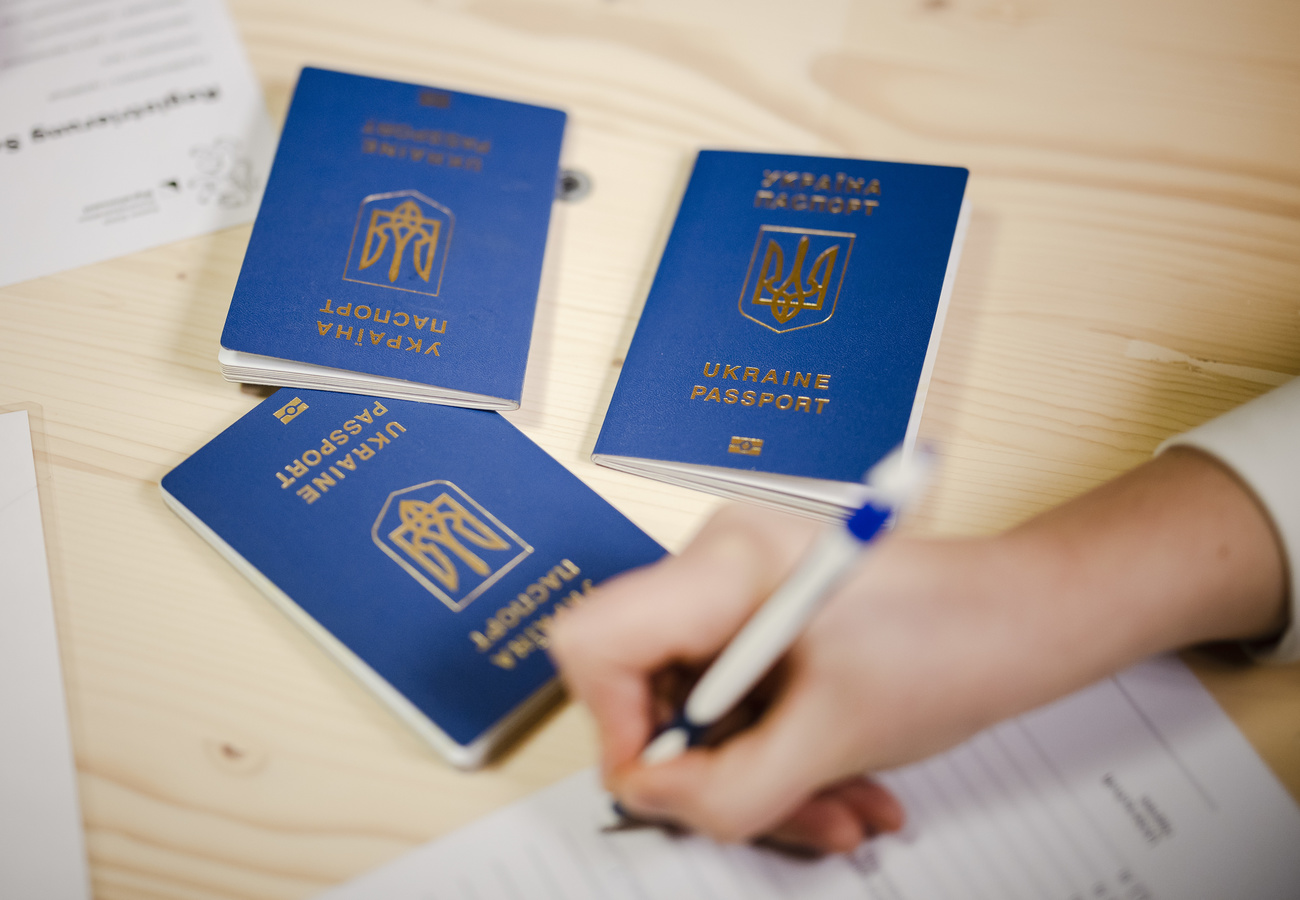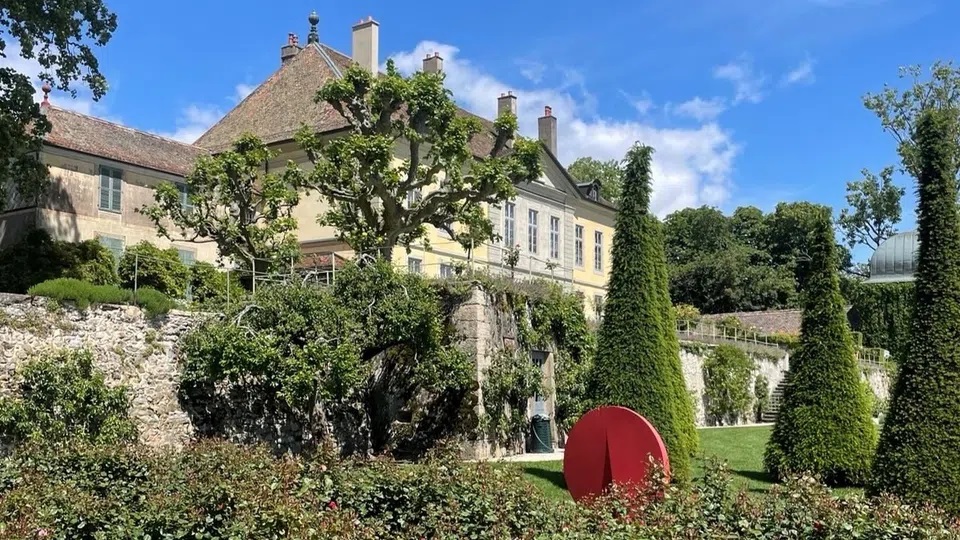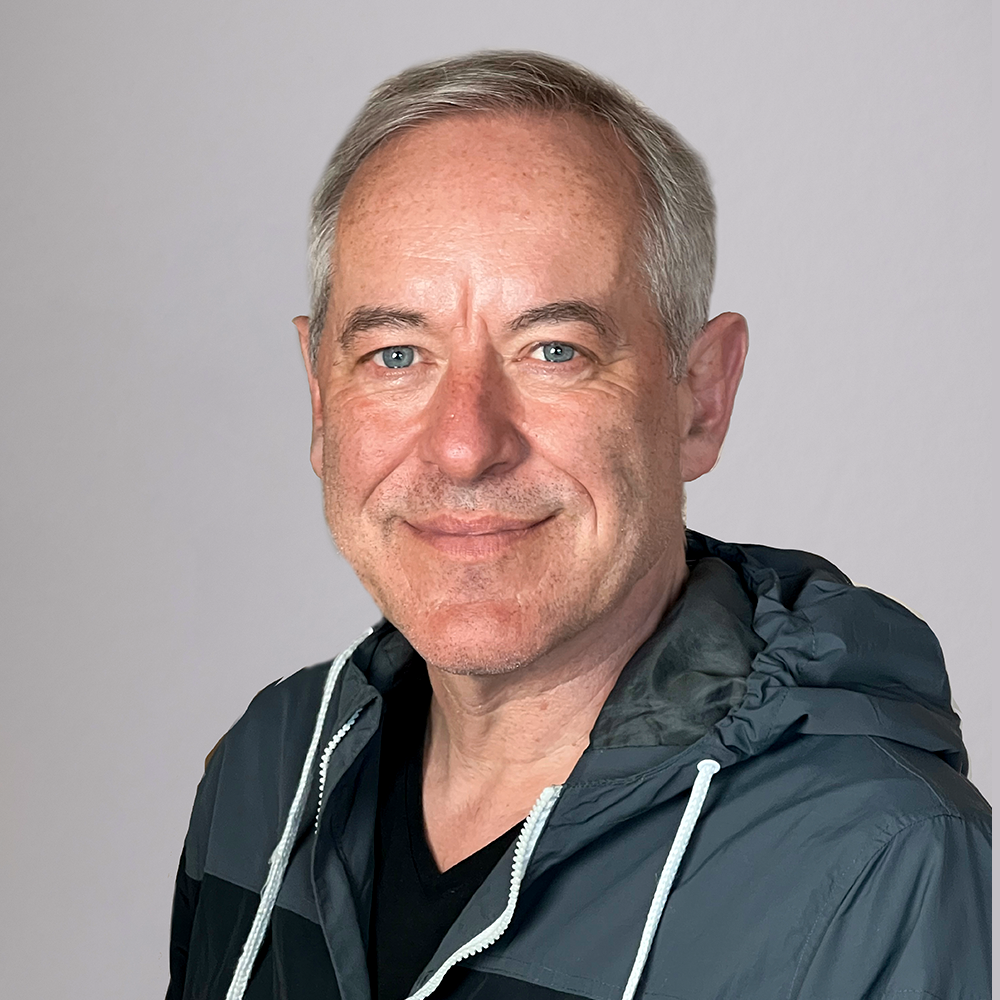At Tahiti’s Olympic surfing venue, Polynesians fight for a reef and a way of life

By Lincoln Feast
TEAHUPO’O, Tahiti (Reuters) – On the remote south coast of Tahiti, its Jurassic peaks and azure lagoon accessible only by boat, Patrick Rochette is explaining how centuries-old Polynesian conservation traditions are being revived to protect this unique environment.
Mingled with gruesome tales of the island’s history of tribal wars and the roots of wave-riding, it’s a compelling account that resonates with the school children that the Tahitian elder has brought to this idyllic spot close to the Olympic surfing venue of Teahupo’o.
Among the interconnected Polynesian concepts lost or repressed during Tahiti’s French colonisation that Rochette describes: respect for tupuna, the ancestors; mana, the spiritual power of people and places; tapu, that which is sacred; rahui, a restriction or prohibition; and the guardians – the whales, sharks, turtles.
“It’s up to the children to go home with this information and explain it to their parents,” says Rochette, a burly 63-year-old.
For Rochette and others, countering the pressures of over-exploitation and climate change go hand-in-hand with a cultural renaissance in the Pacific island group, a distinct Polynesian identity that spans the world’s largest ocean.
“We Polynesians, in 15 or 20 years, if we don’t do anything, there’ll be nothing left,” Rochette said in a boat, speeding down the jungle-clad coast. “We have to do it together, not just here, but the Pacific community has to do all of this together.”
The Polynesian Triangle encompasses some 10 million square miles of the Pacific Ocean with Hawaii, New Zealand (Aotearoa) and Easter Island (Rapa Nui) at its corners. Its people, who trace their lineage back to a spiritual homeland, are closely connected by language, culture and their seafaring history.
As ideas of sustainability and conservation build momentum around the world, the adoption of traditional and culturally relevant approaches is becoming more popular among Indigenous communities.
In Polynesia, an intimate knowledge of the moana, the ocean, and the concept of guardianship is resonating as pressures on reefs and lagoons from both development and climate change grow.
WAVE OF MANA
Tereva David is also working with the local Teahupo’o community to embrace the Polynesian way of living in harmony with the environment.
One of the best to ride the Paris Olympic’s ferocious wave in front of his village, David has run camps for promising young French Polynesian surfers for the past decade.
David, 35, teaches them respect – not just for the wave, but for themselves, for each other and for their culture and environment.
“My mom, when she was a little girl, she was forbidden to speak Tahitian,” he said. “For a while there, it wasn’t looking good when you speak Tahitian – ‘Oh, you’re too rude, or you’re from the street, or from Teahupo’o, in the bush.'”
Now, Tahitian language and culture is a source of pride in Teahupo’o, where clear rivers run through the village to the black sand beach and the lagoon.
Olympic gold for 22-year-old local surfer Kauli Vaast also generated great mana, spiritual power or cultural pride.
“Only kings were able to surf here before,” David said. “For us, surfing is sacred, it’s the culture – like dancing, like canoe paddling, like singing, like making food for everybody.”
David said the community had worked to ensure having one of the world’s most powerful and alluring waves on their doorsteps fully benefited the village. Locals now provide surf camps, camera operators, taxi boats, and water safety patrols when top surfers come for big swells.
“It took us a long time but we finally did it. Now, nobody comes in and does it like the circus – we regulate,” says David.
“For us, it was the thing to do, to represent our mana, to represent our tupuna, our ancestors.”
The Olympics brought fresh challenges, with locals fighting to reduce the impact of new Games infrastructure, including insisting that a new tower on the reef to judge the surf contest be scaled back to reduce its environmental impact.
RESTORE THE RAHUI
The reef – “the oxygen we breath,” says David – is at the heart of the surf and the village, a unique, living structure that not only creates the perfect waves, but is a larder, a playground and a workplace for almost everyone who lives there.
Ten years ago, however, the reef was struggling.
Plagued by over-fishing and hit more frequently by damaging storms, a decision was made by the community to re-introduce a rahui over a 768-hectare area south of the village, banning fishing and other activities.
“In the older culture, it was the king who decided these things and you couldn’t go against it, you would be killed,” and many people were afraid of the concept, said Rochette, who manages the Teahupo’o rahui.
The approach has been modernised and democratised, with the communities across French Polynesia now instigating rahui and deciding how to operate them to sustain their environment and resources.
South of Teahupo’o, buoys are set out to mark the rahui limits, and locals monitor the zone to ensure compliance. They say the impact has been mostly positive, with the reef thriving and fish stocks improving.
Scrambling over streams and paths of broken coral, Rochette tells the story of a sacred rock and its role in ancestral fishing rituals, recounts battles that turned the lagoon red with blood and details how surfing was introduced here by twin brothers.
While the cultural aspects have been significant, ascribing an economic value to the environment has also been important.
Cliff Kapono, a Hawaiian coral scientist, surfer and Polynesian activist, worked with locals to map and value the economic impact that works around the Olympics could have on the reef and lagoon using an established formula.
Kapono’s MEGA Lab estimated a direct economic impact of $170,000 for disturbing and destroying corals at the judging tower site and $1.3 million in total for the wider reef disruption around Teahupo’o from dredging and other works.
Beyond the economics, the idea of being guardians of the ocean was intrinsic to the Polynesian philosophy, Kapono said.
“There are people and communities across Polynesia that are defending their reefs. Whether they get hit by the Olympic people, or over-fishing, or nuclear testing, there are people that are going to stand up in these communities.
“For us in Polynesia, that’s who we are, that’s our roots,” says Kapono. “This is now the war we fight. We fight for our environment.”







